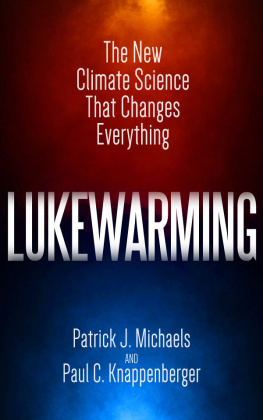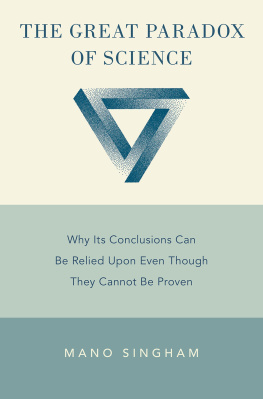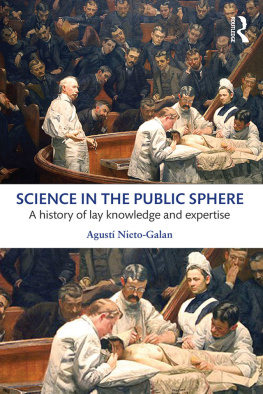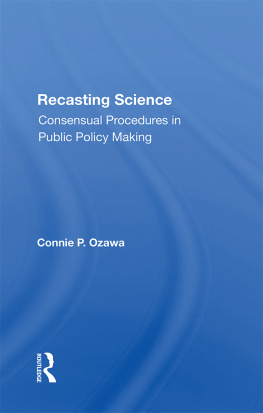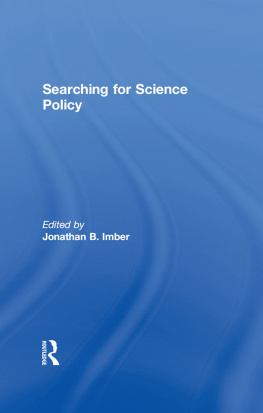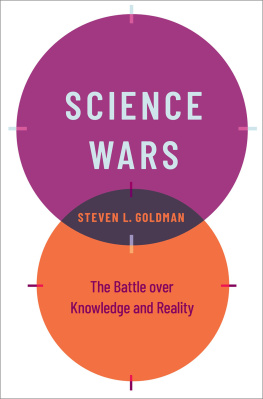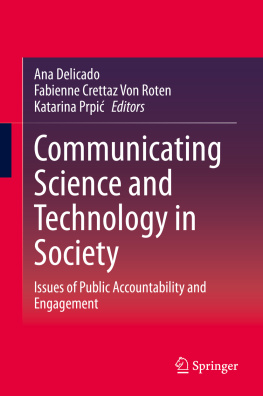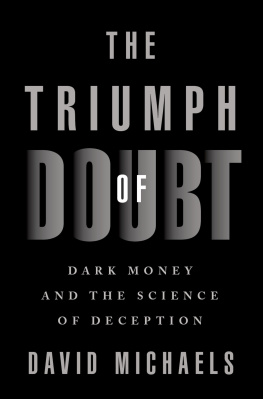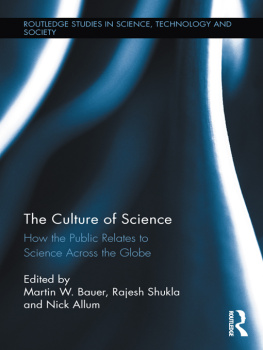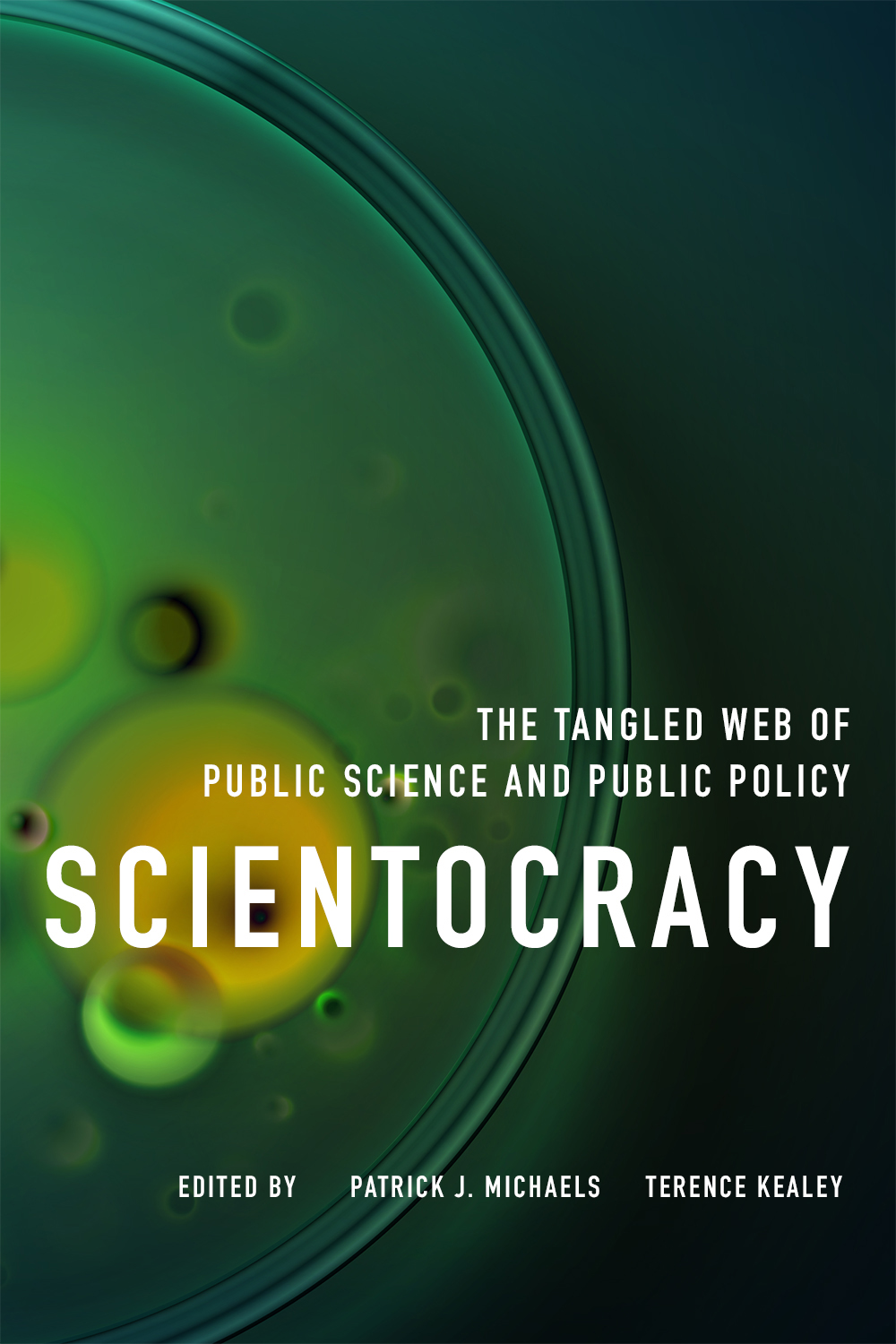Contents
Guide
Pagebreaks of the print version
SCIENTOCRACY
THE TANGLED WEB OF PUBLIC SCIENCE AND PUBLIC POLICY
EDITED BYPATRICK J. MICHAELSTERENCE KEALEY
Contributions fromTrevor BurrusEdward J. CalabreseJason S. JohnstonTerence KealeyNed MamulaPatrick J. Michaels Michelle MintonJeffrey A. SingerThomas P. Stossel
Copyright 2019 by the Cato Institute.
All rights reserved.
ISBN: 978-1-948647-49-6
eISBN: 978-1-948647-50-2
Cover design: Jon Meyers.
Interior Design: Westchester Publishing Services.
Printed in Canada.
Library of Congress Cataloging-in-Publication Data available.

1000 Massachusetts Ave., NW
Washington, DC 20001
CONTENTS
- PATRICK J. MICHAELS AND TERENCE KEALEY
- TERENCE KEALEY AND PATRICK J. MICHAELS
- TERENCE KEALEY
- MICHELLE MINTON
- JEFFREY A. SINGER
- TREVOR BURRUS
- THOMAS P. STOSSEL
- EDWARD J. CALABRESE
- PATRICK J. MICHAELS
- NED MAMULA
- PATRICK J. MICHAELS
- JASON S. JOHNSTON
PATRICK J. MICHAELS AND TERENCE KEALEY
INTRODUCTION
Science is the time-honored key to objective knowledge. Some of that knowledgefor example, about nutrition, climate change, hydrology, geology, or ecologyaffects what we do every day. Science also informs governments that seek to define risks and mitigate dangers. The popular notion is that science is a force for good, that knowledge, derived from theory and experiment, gives rise to technological advancement, which results in improved lives for all.
We believe that this is not always the case. Science can be a force for good, and it has enhanced our lives in countless ways, but even a cursory look at the 20th century shows that what passes for science can be detrimental. This book documents only some of the more recent abuses of science that informed members of the public should be aware of.
Democratic states can not only adopt scientific error but, with government support, they can also help to embed and proselytize it. The mechanism is simple: peer review. It is on the basis of peer review that research grants are awarded, papers are accepted for publication, and promotions are determined. Once a research elite has adopted a scientific paradigm, that elite can harness peer review to reinforce its paradigm by excluding dissenting voices from federal funding, publication, and promotion.
As detailed in , President Dwight Eisenhower clearly understood the potential for government funding to entangle science and policy, both through funding and through other methods. Government funding sustains failing paradigms, and that artificial sustenancewhen coupled with the pressure to publishdegrades science. Today, scientific papers are being withdrawn in increasing numbers because flawed findings passed review, inconvenient data were ignored, and results were fabricated. Positive findingsthose that confirm a researchers hypothesisare increasing, something that should be astronomically improbable, but which may be related to the number of withdrawn works. And it is noteworthy that the tested hypotheses found to be supported by the data are usually the same ones that served as the basis for the research proposal that paid for the work. Why? Because reporting results that do not support a funded hypothesis can threaten the recipients continued funding.
We also see another tactic being used to leverage more grant money from Congressnamely, the exaggeration of threats. Since the 1960s, environmental scientists have sequentially forecast existential threats from overpopulation, pollution, extinctions, global cooling, acid rain, global warming, stratospheric ozone depletion, low-level ozone increases, and fine-scale particulates. Ocean acidification looms on the horizon as the next threat.
The federal government also wrongly speaks in the name of science to achieve some policy goals. This book extensively details two dietary controversies, over fat and over salt, in which politics clearly trumped science, as well as two resource extraction issues, the Pebble mine in Alaska (), in which the governmentin the form of the Environmental Protection Agency in Alaska, and the National Research Council in Virginiaclearly cherry-picked science to fulfill political ends.
In ).
Nutrition
Legislative meddling, as well as government research funding, precipitated wars on fat and salt; these wars were costly, and they harmed American health (
Since time immemorial, mysterious epidemics have been falsely explained by brahmins with special knowledge, and the coronary epidemic was no exception. Two extremely influential (and therefore well-funded) scientistsAncel Keys of the University of Minnesota and Lewis Dahl of the Brookhaven National Laboratoryasserted, respectively, that heart disease was caused by fat and salt in the diet.
We now know that these explanations represented unwarranted and even dangerous extrapolations from partial data. Moreover, equally credible and authoritative people at the time showed this to be so. But the prospect of a balanced debate within the scientific community was destroyed in January 1977 when the Senate Select Committee on Nutrition and Human Needs published its Dietary Goals for the United States, which stated that the science was settled: Americans needed to eat less saturated fat, less salt, and more carbohydrates.
When challenged on the strength of the evidence, the chairman of the committee, Sen. George McGovern (D-SD), said, Senators do not have the luxury that the research scientist does of waiting until every last shred of evidence is in, which is the opposite of the truth: research scientists are at leisureand are perhaps even obligatedto explore every possible hypothesis, but senators should not issue advice until every last shred of evidence is in, because they may otherwise issue misleading or even dangerous adviceas they did, beginning in 1977.
Federal agencies adhere to government policy, and the executive branch (in the shape, jointly, of the U.S. Department of Health and Human Services and the U.S. Department of Agriculture [USDA]) took on the responsibility of publishing the Senate committees wrong health advice in Dietary Guidelines for Americans, which was updated every five years and popularized by the USDAs Food Guide Pyramid of 1992, MyPyramid of 2005, and MyPlate of 2011. These reinforced the anti-fat, anti-salt, pro-carbohydrate message.
In 1981, Rep. Albert Gore (D-TN), as chairman of the House Committee on Science Subcommittee on Oversight, became interested in salt. He opened two days of hearings on the topic by saying, We can begin to see a consensus emerging in the research community about the reduction of salt intake for the average American, language eerily similar to the rhetoric he would later apply to global warming. Joining him in his anti-salt certainty was Rep. Henry Waxman (D-CA). Gore and Waxman ultimately became two of the most prominent political proponents of climate science alarmism as well.
The convergence of politicians and powerful scientists to create the image of doing something about a problem is repeated throughout this book. It has consequences both for regulatory policy, which affects ordinary Americans, and for science policy, which determines the shape of future funding and research.


